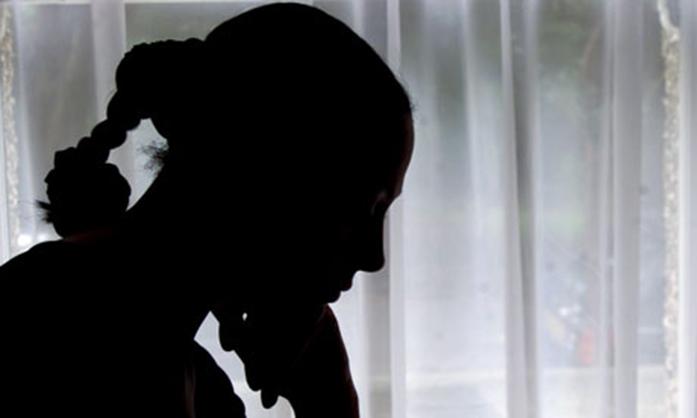In the fall of 2015, the University of Iowa conducted the Speak Out Iowa survey to better understand students’ experiences with sexual misconduct on campus and their perceptions about the university’s response to sexual misconduct. In the report, 19.1 percent of all female students (21 percent of female undergraduates) and 3.9 percent of all male students (3.8 percent of male undergrads) reported being raped; 66.1 percent of female students and 82.1 percent of male students felt that steps should be taken to ensure the safety of a person making a sexual misconduct report. Results for the trans population were eliminated because of the number’s being under 1 percent of the whole respondent population. [Editors Note: These numbers reflect the number of students who completed the survey. According to UI officials, there was a 9.3 percent response rate.]
The results show that students don’t feel safe. The Jeanne Clery Act requires colleges to publish a security report accounting for crimes committed on or near campus, giving students reporting options and detailing possible punishments. At first glance, the UI Annual Security Report seems to disclose these pretty well, accounting for a number of crimes in the past five years. However, when the Security Report rape statistics are compared with UI-related rape statistics from the Rape Victim Advocacy Program, a clear discrepancy between the two jumps out. The number of rapes in the Security Report in 2013 were nine on campus and two off campus, while according to RVAP, there were 56 on-campus rapes and 56 off-campus rapes. In 2014, the Security Report says there have been 13 rapes on campus and three rapes off campus. Statistics from RVAP shows 44 rapes on campus and 52 rapes off campus.
This discrepancy is partly due to a loophole in the Clery system, which exempts counseling and advocacy organizations and services from reporting because of confidentiality issues. This exemption, enabling advocacy organizations such as RVAP to not be mandatory reporters, is extremely important in the advocacy line of work. Confidentiality and the ability of survivors to make their own choices on how they want to deal with their situation is something that survivors need in order to regain trust and control of their lives and is what makes RVAP so effective.
However, this exemption is often misinterpreted by universities, and aggregate numbers are not published in the Security Reports, allowing for an artificial lowering of the number of rapes disclosed in them. It must be understood that publishing nothing but the aggregate number of the complaints from RVAP will not violate the confidentiality of the services and will provide a more realistic picture.
The university would also do well to publish aggregate data such as how many cases were reported, how many victims were denied requested accommodations, how long cases remained open, how many students were found responsible, and how these students were sanctioned. This will improve the Security Report by making the circumstances and actions more transparent.
When people come to the administration saying they were raped — despite the fact that it must have been extremely traumatic and absolutely terrifying to speak about — it goes a long way to show just how much trust they place in the administration. Universities must realize that their responsibility is first to their students and then to themselves. If this responsibility is neglected, the futures of hundreds and thousands of young people will be put in jeopardy each year.
To those who have been sexually assaulted, you are much more than that: Regardless of what you may have been told, what happened was not your fault. Nothing you could have done at that moment would have prevented it, and how you reacted to it proves nothing but your own humanity. You are strong, beautiful, and believed. Never forget that.
— Sriven Kadiyala
UI sophomore









